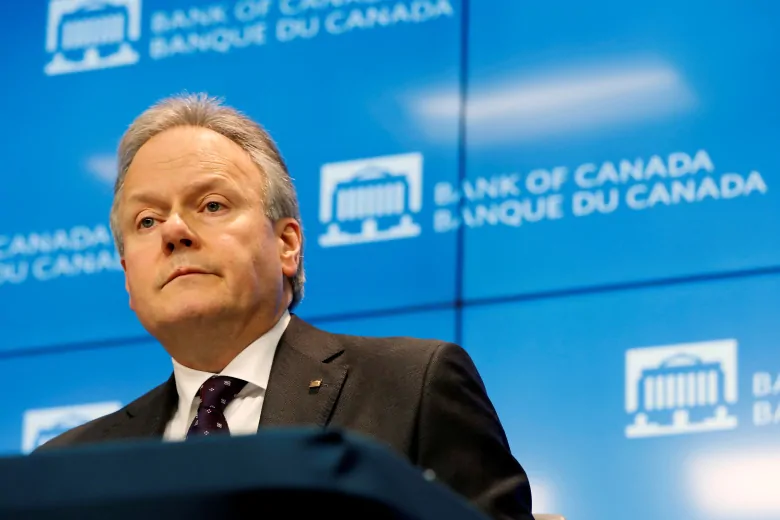Some economists warn that among the many destabilizing effects of the COVID-19 crisis could be the end of more than a decade of low inflation.

“The time to buy is when there is blood in the streets” seems to offer stirring advice to investors during the current coronavirus market bust.
There is no evidence that the richest of the Rothschilds, Nathan Mayer, ever said those words, but that has not stopped many business books and internet posters from attributing it to him as a guide to market strategy.
As the global death toll rockets past 50,000, with governments predicting much worse to come, it is reasonable that many will find such mercenary thinking odious.
But whether we like it or not, many ordinary Canadians, including homeowners and people close to retirement, are anxious for advice on what the fallout from the current pandemic will mean for their future finances.
Right now, everyone is thinking about the dire state of the economy as people are thrown out of work. But once the effects of the pandemic begin to wane, there are fears in some quarters that the massive government spending could lead to inflation. That would mean a confusing and uncertain outcome.
After more than a decade in which official measures of rising prices showed inflation close to zero, a return to rising prices, and the rising interest rates that central banks have traditionally used to contain them, could well upend the way we think about money and investment.
More money to spend
Not only are central banks lowering rates and buying up bonds in the hope bond holders do something else with the money, governments around the world are spending trillions of dollars they don’t have to keep households and businesses solvent.
“Let’s just call this simply what’s going on. We’re printing a lot of money to provide liquidity in the system,” former Bank of Canada governor David Dodge told David Parkinson at the Report on Business last week.
While Dodge agreed that the Bank of Canada’s plan to pour money into the economy with quantitative easing (QE) was the right thing to do, he said there will be consequences.

QE may be hard for most people to grasp intuitively, although some of us will be familiar with the term from when the U.S. and Europe flooded markets with cash to prevent the 2008 credit crunch from spiral

